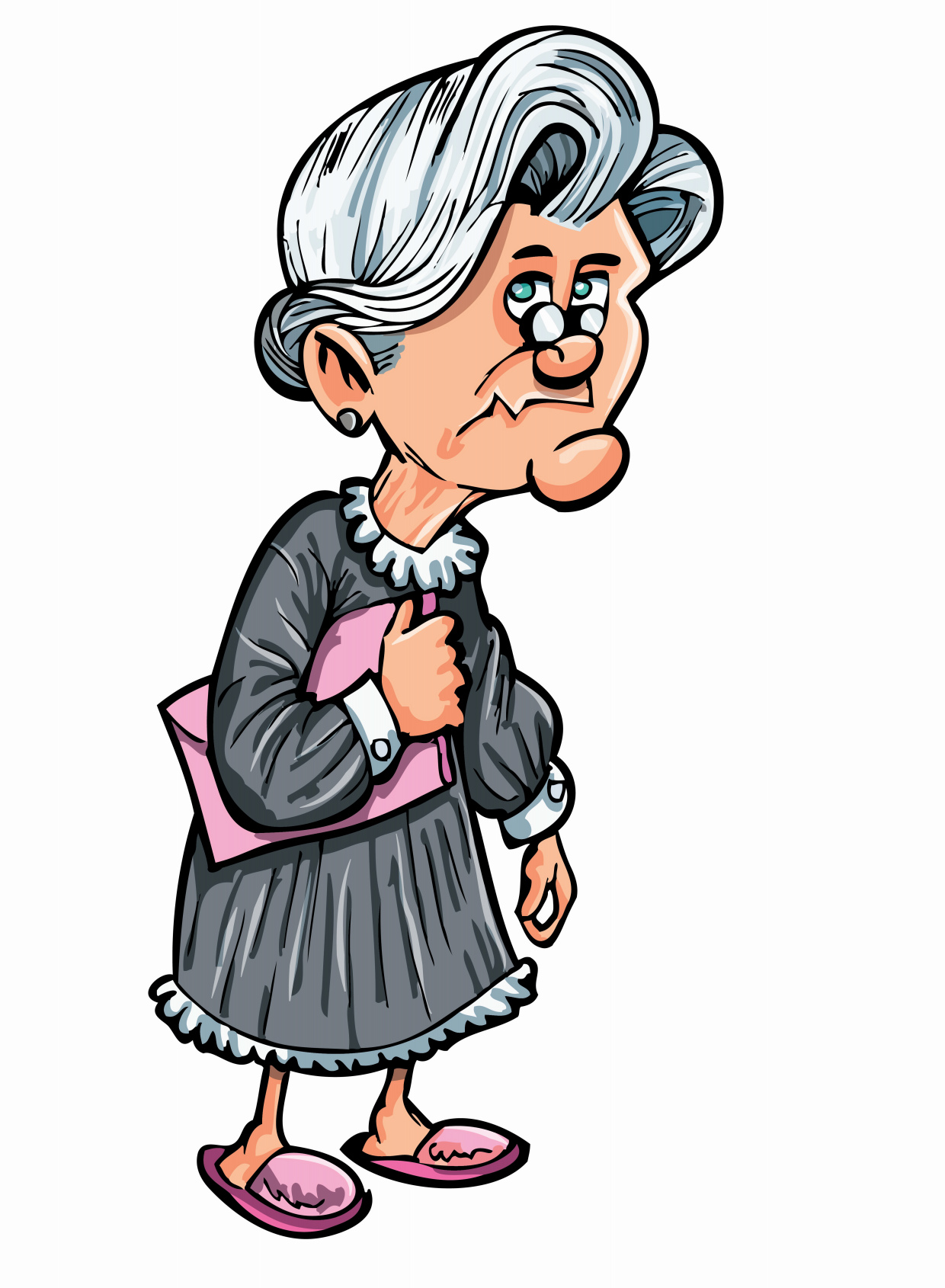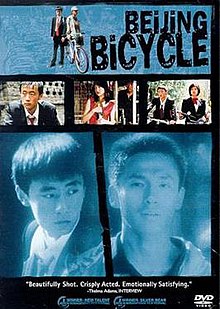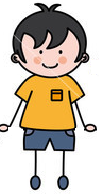UNIT 9 VOCABULARY
The days of the week in Chinese are extremely easy if you just remember that the week starts with Monday, not Sunday. From then on, each day is just a number, except for Sunday!
Here: https://www.youtube.com/watch?v=sAN7P1Lnj-Q is a video tutorial of the days of the week in Mandarin. The woman speaking also includes information about the unit vocabulary above, as well as 2 additional ways to say the days of the week.
UNIT 9 SENTENCES
1) What day is it today?
Jīn
tiān shì xīng qī jǐ?
今天是星期几?
2) Today is Saturday.
Jīn
tiān shì xīng qī liù.
今天是星期六。
3) What day was it yesterday?
Zuó tiān shì xīng qī jǐ?
昨天是星期几?
4) Yesterday was Friday.
Zuó tiān shì xīng qī wǔ.
昨天是星期五。
5) What day will it be tomorrow?
Míng tiān shì xīng qī jǐ?
明天是星期几?
6) Tomorrow will be Sunday.
Míng tiān shì xīng qī rì.
明天是星期日。
7) Will it be Friday tomorrow?
Míng tiān shì xīng qī wǔ?
明天是星期五?
8) No, it will not be Friday tomorrow.
Bù, míng tiān bú shì xīng qī wǔ.
不,明天不是星期五。
9) Will it be Sunday tomorrow?
Míng tiān shì xīng qī rì?
明天是星期日?
10) Yes, tomorrow will be Sunday.
Shì, míng tiān shì xīng qī rì.
是,明天是星期日。
UNIT 9 STUDY RESOURCES
Here is a link to a webpage describing the different ways to say the days of the week in Mandarin (similar to the video above). Unlike the video, this webpage goes more into depth and has each different way written out.






















